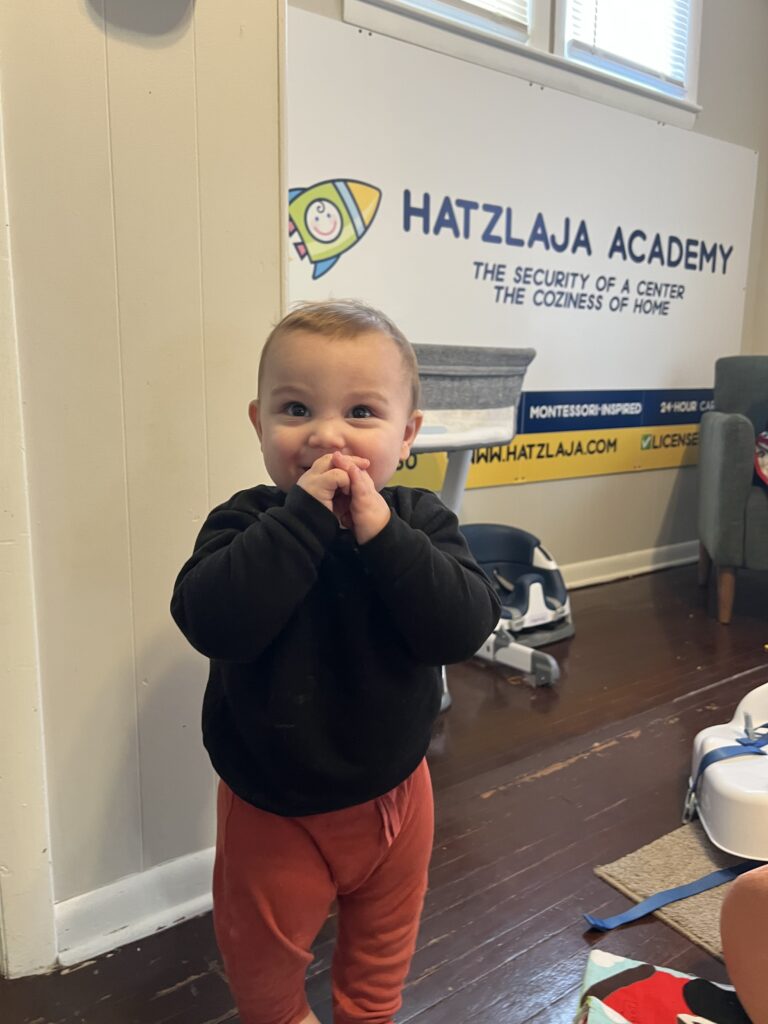Parenting is one of the most rewarding yet challenging journeys we can take. When children misbehave—whether it’s tantrums, defiance, or emotional outbursts—it’s easy for parents to wonder, “Am I doing something wrong?” or worse, “Am I a bad parent?”
First things first: You are NOT a bad parent. Every child acts out sometimes, and every parent faces struggles. Challenging behavior isn’t a sign of failure—it’s a normal part of child development. More importantly, your response to these behaviors is what truly shapes your child’s growth and your relationship with them.
Why Do Children Act Out?
Children misbehave for a variety of reasons, and understanding the root cause can help you respond more effectively. Here are some common reasons why kids act out:
✔️ They lack the words to express their emotions. Young children especially struggle to communicate feelings like frustration, sadness, or exhaustion.
✔️ They are testing boundaries. Part of growing up is learning limits and seeing how far they can push them.
✔️ They need attention. Sometimes misbehavior is a way of saying, “I need connection!”
✔️ They are overwhelmed. Overstimulation, hunger, fatigue, or even big life changes can lead to emotional outbursts.
✔️ They are still learning self-regulation. Children aren’t born knowing how to manage their emotions; they need to be taught and guided through these moments.
Misbehavior doesn’t mean your child is “bad” or that you’re failing as a parent. It simply means they are still growing and learning—and that’s okay.
How to Respond with Patience and Understanding
Instead of focusing on stopping the behavior immediately, shift your perspective to guiding your child through their emotions. Here are a few strategies to help:
1. Stay Calm and Regulate Your Own Emotions
Children look to parents for cues on how to react. If you stay calm, it teaches them to manage their own emotions. Take a deep breath before responding.
2. Acknowledge Their Feelings
Before correcting behavior, validate what they are feeling:
✔️ “I see that you’re upset because you wanted more playtime.”
✔️ “I know it’s frustrating when things don’t go your way.”
This helps children feel heard, which can calm them down faster.
3. Set Clear and Consistent Boundaries
Children feel safe when they know what to expect. Instead of saying, “Stop throwing things!”, try positive redirection:
✔️ “Toys are for playing, not throwing. If you feel mad, let’s take deep breaths instead.”
4. Teach Coping Strategies
Help children learn healthy ways to manage their emotions, such as:
✔️ Taking deep breaths
✔️ Using words instead of hitting or yelling
✔️ Finding a quiet space to calm down
✔️ Using a stress ball or sensory tool
5. Give Them Positive Attention
Sometimes children act out to get attention. Make sure they also receive attention for good behavior. Praise them when they make good choices:
✔️ “I love how patient you were while waiting your turn!”
6. Remember That Growth Takes Time
Just like learning to walk, children need practice and patience when learning emotional regulation. Repetition and consistency will help them develop better self-control over time.
You Are Not Alone—And You Are Doing Better Than You Think
Every parent struggles. Every child has hard days. Perfection is not the goal—connection is.
If you ever feel overwhelmed, remind yourself:
✔️ Challenging moments are opportunities to teach, not signs of failure.
✔️ Children don’t need perfect parents—they need present, consistent and loving parents.
✔️ You are doing your best, and that is enough.
Parenting is about guiding, loving, and growing alongside your child. And on the hardest days, remember this: Your child’s behavior does not define your worth as a parent. What matters most is that you keep showing up with love, patience, and a willingness to keep learning.
If your child is acting out, you are not failing—you are parenting. Challenges are part of the process, and they don’t mean you’re a bad parent. They mean you have a growing, learning child who needs your guidance.
So take a deep breath, show yourself grace, and keep going. You’ve got this! 💛



